"Charge Against an Ilkeston Brewer.—Let's get this straight. The defendant was accused of having used 11 lbs of sugar instaed of 7 lbs in a brew. "The addition of 4 lb. of sugar would defraud the Revenue of a fraction over 5d." That's about 2p in modern money. Or, to put better into context, a pint of beer cost 2d a pint in the 1890's. So Mr. Lebeter had (allegedly) cheated the revenue out of two and a hlf pints of beer. A real master criminal.
At Ilkeston Petty Sessions yesterday, before the Mayor (Ald. F. Sudbury) and Mr. J. Orchard, Fredk. Lebeter, landlord of the Gladstone Inn, Ilkeston was summoned by Mr. Fox, supervisor of excise' for making a false entry in his brewing book od the 27th February, by stating that the quantity of sugar he intended using in the was 7 lb., when the quantity used was actually 11 lb.—-Mr. A. E. Hopkins was for the defence, and made an application for an adjournment, on the ground that he had not had sufficient time to secure the services of a public analyst on defendant's behalf. He had written to the Board of Inland Revenue asking them to consent to an adjournment, but they had declined to do so. The Bench decided to go on with the case. Mr. Hopkins then raised a technical objection to the Bench trying the case, contending that they had uo jurisdiction in such a case.—After a long legal argument, the Bench disallowed Mr. Hopkins's objection, informing him that he had his remedy in an appeal.—William Thomas Hay, an officer of Inland Revenue, said the book produced was delivered to defendant by witness last September. On the 28th February last he went to defendant's premises to gauge and take samples of the grains and of the sugar used. He also took samples of the malt the same morning, and in the evening he took samples of the worts collected. He identified the samples produced as those taken by him. He forwarded them to Somerset House the same evening.—Cross-examined : He had not previously taken samples from defendant's premises. He did not tell defendant he was going to take samples. He took the malt first, and took it home before he sealed it up. He told defendant what he was going to do with it. He went to defendant's at 12 o'clock, but found defendant had already mixed the sugar with the wort. He told him he should not keep more sugar in the house than he required for a brewing, unless he kept it in a separate room. Defendant fetched him a sample of the sugar. The addition of 4 lb. of sugar would defraud the Revenue of a fraction over 5d. He knew defendant's relative (George Knighton), who was also in the brewing trade, but he had not received quite such good results as defendant from tbe same quantity of malt and sugar.—James Cameron, analyst at the laboratory, Somerset House, said he had had 25 years' experience. He received the samples produced on the 3rd March, all securely sealed. Witness then gave the result of his analysis of the samples, which tended to show that more sugar had been used than the quantity stated.—This was the case for the prosecution.—Mr. Hopkins, for the defence, pointed out that defendant had produced similar results from subsequent brewings since the date ot the alleged offence, and it was unreasonable to suppose that he would go on repeating the offence, when he was fully aware that the authorities were paying special attention to him. Defendant was in the habit of sending for 7 lb. of sugar from a particular shop every week, and when the witness Hay wished for a sample of sugar defendant had to send his boy to the shop for a single pound, as he had none in the house.—George Lebeter, son of defendant, said his father sent him to the Star Tea Company for a pound of sugar on the 28th February. He brought the sugar, and his father gave it to Mr. Hay.—George D. Knighton said he was a brewer, and was brother-in law to defendant. Witness gave the result of his own brewings, showing that he had produced proportionate results to defendant. The Excise had taken samples from his brewing as often as twice in three weeks, and he had invited the excise officers to remain during the whole of tbe brewing.—Alfred White, manager to the Star Tea Company at Ilkeston, said he was in the habit of selling defendant sugar for brewing in quantities of 7 lb. If an odd pound was sent for it might be of a different quality to the 7 lb. Defendant in the first instance bought 1 cwt. of sugar at the latter end of last year.—The Bench, after consulting together, said there was so much doubt in the case that they had decided to dismiss the charge."
Nottingham Evening Post - Friday 30 May 1890, page 3.
http://www.britishnewspaperarchive.co.uk/viewer/bl/0000321/18900530/029/0003
You have to wonder whether the excise man had it in for the brewinmg relatives Lebeter and Knighton. He seems to have put a great deal of effort into trying to catch them out. And he still didn't find any real proof. They just guessed for analysis of the wiort that he might have used more sugar. Given the tiny amount he's supposed to have used too much, it's quite possible that he just got a particularly good extract.
The whole circus of a trial must have cost considerably more than 5d. And the case was thrown out for lack of evidence. What a total waste of time and money.

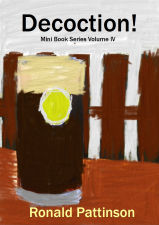



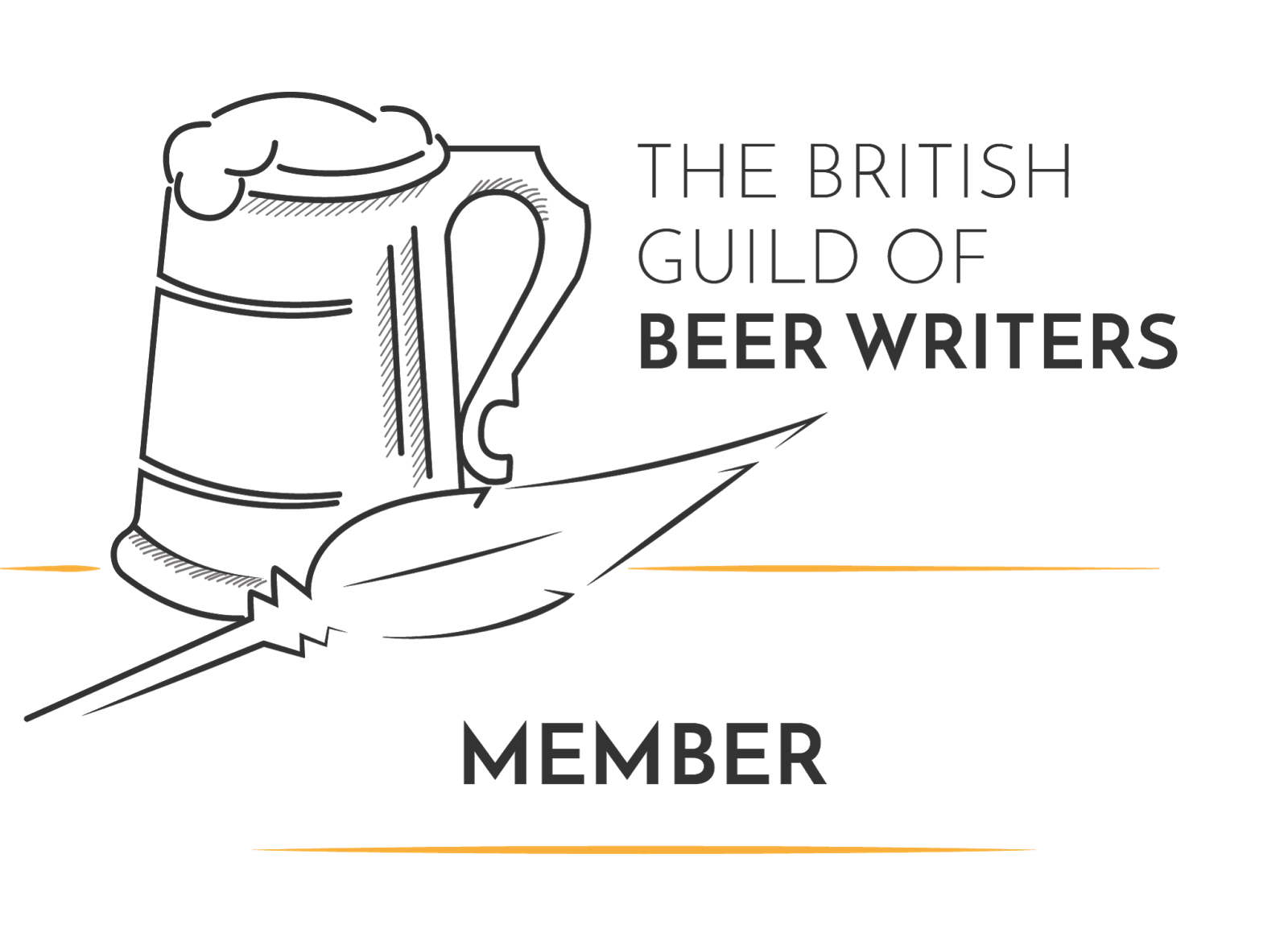









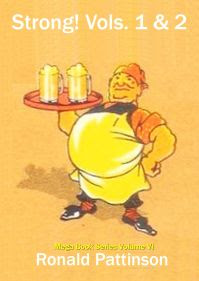


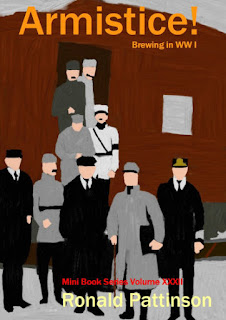
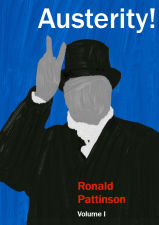

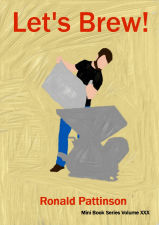

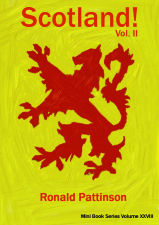



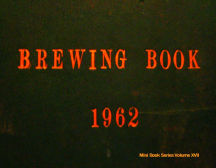
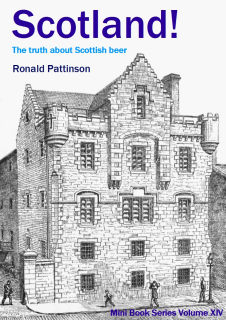
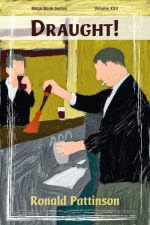

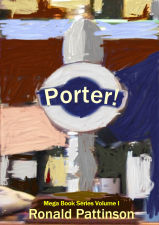

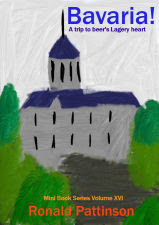



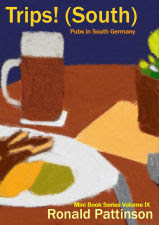
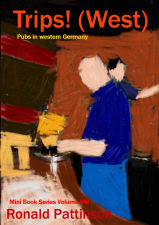
































No comments:
Post a Comment